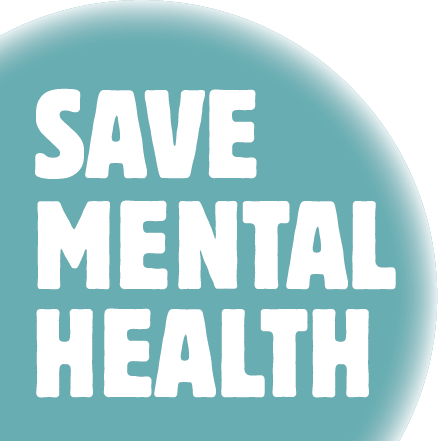UPDATE 10
29 September 2024
Dear Supporter,
Welcome to Save Mental Health’s Update 10. We are pleased to publish the next in a series of articles by Lucy Beney, our Child Mental Health correspondent. In this article, “Living in a Fantasy”, Lucy explores the troubling fact that increasing numbers of young people are struggling to distinguish between reality and fantasy. Find out more about the article and click on the link below to read it.
In this update we also talk about a recent report published by the Family Education Trust which explores the effects on boys of using labels, such as ‘toxic masculinity’ in schools. This report identifies the counterproductive narratives behind rising rates of misandry in society.
The Battle of Ideas is fast approaching on the weekend of 19th/20th October. If you haven’t already booked tickets you can still do so here. It’s well worth attending, if only to have the chance to speak your mind without fear of ‘cancellation’.
Living in a Fantasy
In the second of a series of articles on child mental health, therapist Lucy Beney expresses concern that “increasing numbers of young people are unable to distinguish between fantasy and reality”. She explains that while children have always used their imaginations to create fantasy worlds, previously they were still grounded in reality: they had friendships and relationships with real people in the real world. In contrast, the ‘real’ world for many children in today’s society is the virtual world of their smartphones. Lucy talks about the risks this poses for those children who are drawn into a fantasy world and how it renders them susceptible to manipulation. She calls for therapists to “lead the way in challenging the current primacy of fantasy over reality - and the collusion with delusion which is so damaging for our young people”. An excellent and thought-provoking article that gives a glimpse into the troubling virtual world that so many young people currently inhabit and which is undoubtedly contributing to a deterioration in their mental health.
Boys And The Burden of Labels
An examination of masculinity teaching in schools
In this timely report, published by the Family Education Trust, Lottie Moore explores the problems that arise from teaching young boys the idea of ‘toxic masculinity’. This is defined as ‘the notion that there is something inherent to masculinity that is socially destructive’.
While the report does not deny the existence of male violence, it points out that “demonising all men and telling boys they are born bad, pursuing a DEI agenda, whilst ignoring or minimising the welfare of ‘white working-class boys’ is not going to help.” It also talks about the challenges facing young men today such as fatherlessness and mental health problems.
The report states that contested beliefs about sex and gender have “become embedded within many schools” through the teaching of Relationships, Health and Sex Education (RHSE) and that “the conversation around sex equality in the UK is considered almost exclusively through the lens of feminism”. The influence of Andrew Tate is discussed as well as the﹟MeToo movement which is cited as the moment when ‘toxic masculinity’ took hold in public consciousness. The report quotes John Barry of the Centre for Male Psychology who says “It is not masculinity that is the problem as much as our attitudes to it.” He adds: “It cannot be good science to pathologise half of the human race”.
This report makes several recommendations, including that the Government reinforce schools’ obligations to publish RSHE materials online, as well as giving rights to parents to view these and make complaints. It also recommends against the use of third-party providers who incorporate the idea of toxic masculinity into their teaching materials. This is an important report addressing rarely discussed issues that deserve far greater attention.
RECOMMENDATIONS
The Centre for Male Psychology
Having read the Family Education Trust’s report, we recommend that you visit the website for The Centre for Male Psychology. Founded by Louise Liddon and John Barry, it is a rich resource for students, members of the public, practitioners and educators. The Centre provides training, conducts research, offers consultancy, networking opportunities and resources. Their practitioners are also available for speaking engagements. The Centre’s training includes courses such as ‘Improving boys’ mental health, their understanding of masculinity and their experience of school’ and an ‘Introduction to Male Psychology and Mental Health’. The Centre for Male Psychology is an essential resource for those interested in or concerned about male mental health.
The Peterson Academy
If you are tired of the culture wars and the way that the work of great writers, such as Shakespeare, is distorted and misrepresented, you might like what The Peterson Academy has to offer. Andrew Doyle recently gave a series of lectures for the Academy on Shakespeare. These are a breath of fresh air in culturally impoverished times. If you sign-up to the Peterson Academy, you can view these lectures, and three new 8-hour video courses every month by professors from Harvard, Cambridge, Oxford and more. Take a look and see what you think.
